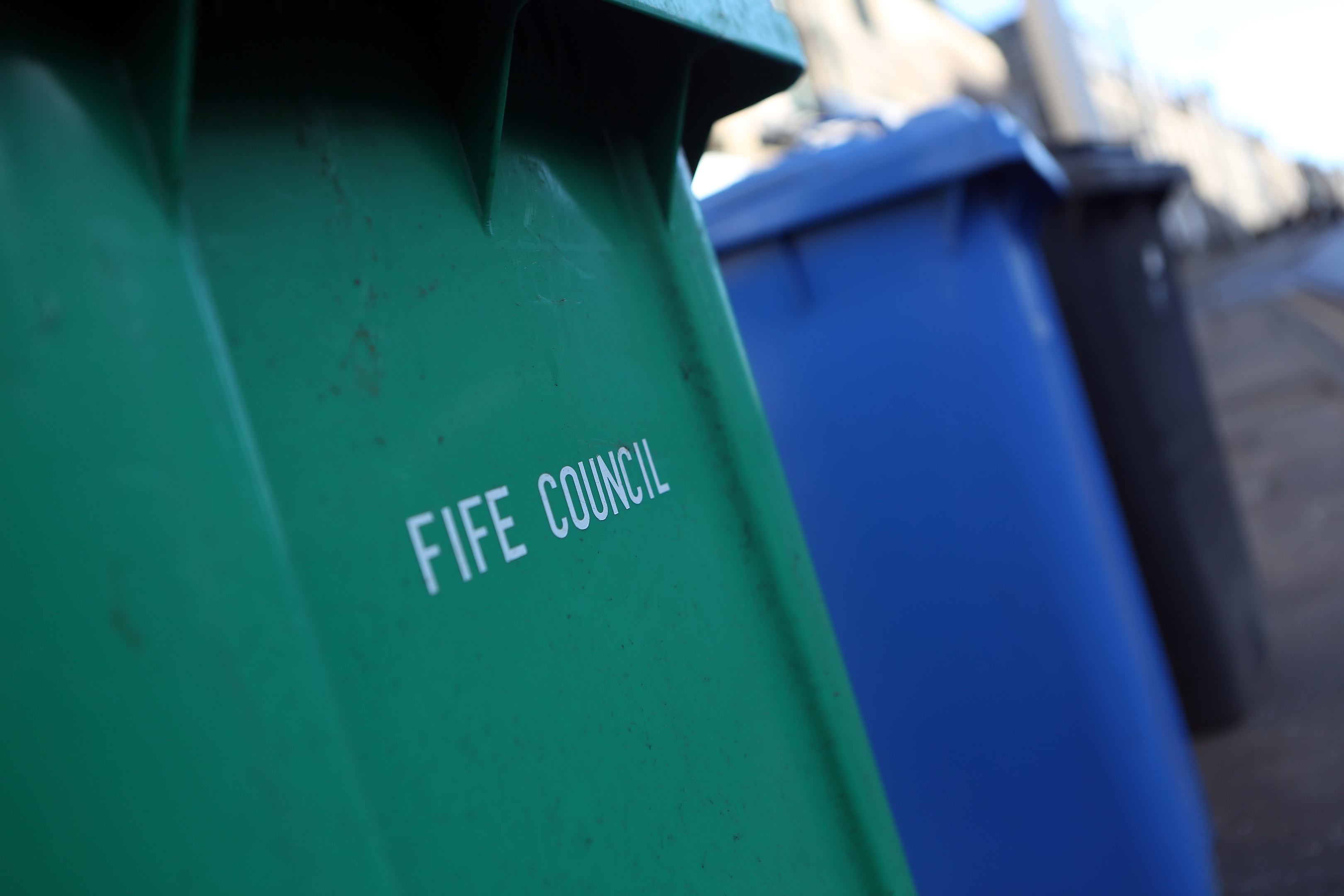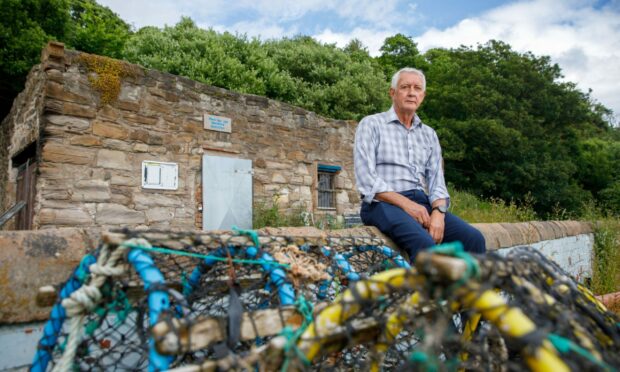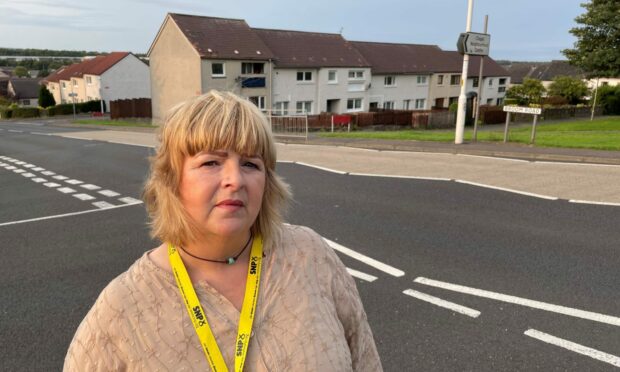Stubborn Fifers who “flatly refuse” to properly separate their household waste have been blamed for a sharp fall in the region’s recycling rates.
Just three years ago, Fife Council’s example was held up as one for all local authorities to follow as it collected more than 100,000 tonnes of recycling in a calendar year – more than any other Scottish local authority.
But while the region’s record was once one of the best in Scotland, shock new figures have revealed that Fife’s recycling rate has plummeted from 54.7% in 2017 to just 44.5%, while the percentage of waste having to go to landfill has increased over the same time period.
Indeed, Fife is one of only seven councils in Scotland to go backwards since 2011, while other areas such as East Renfrewshire have seen their rate rise to 67.8%.
Council officials have admitted being baffled by the situation, although SNP Councillor Ross Vettraino, the local authority’s environment convener, has gone a step further by pointing the finger at residents contributing to brown, grey and green bin contamination.
Noting brown garden waste bin contamination is currently sitting at an incredible 13%, Mr Vettraino said: “I am at a complete loss to understand why that should be so.
“There cannot be any doubt in anyone’s mind that the brown bin is for food and garden waste only.
“Nor can there can be no dubiety about what is food and what is not and what is garden waste and what is not.
“I can only conclude, therefore, that it is down to some members of the community flatly refusing to use properly using the comprehensive recycling facilities, which the council provides and which must rank among the very best in the country.
“For that situation to improve, there will have to be a change in attitude on the part of those members of the community, but I don’t know how to effect that.
“We all have the attitude that we have, because of our experiences up to and including this minute. Changing attitudes, therefore, is a profound thing for a council to try to do.
“For the community, however, as far as recycling is concerned, it is easy: simply use the recycling services properly.
“There is, therefore, a great deal that the community can do to help itself.”
Green bin contamination, for plastics, is said to be even worse, with less than 50% of the content of the bins being recycled because 30% of contents were plastic film.
However, Mr Vettraino said a new process has been commissioned by the council’s arm’s length company Fife Resource Solution which will render plastic film recyclable and should contribute to an improvement in recycling statistics.
Liberal Democrat councillor Jonny Tepp has accused the SNP/Labour administration of trying to deflect criticism for the fall in recycling rates.
“The administration’s response berates Fifers for failing to recycle properly but says nothing whatsoever about what the administration is doing to address the problem,” he said.
“Have we tried anything at all to identify areas where contamination is particularly bad in order to engage with and support communities to improve their recycling?
“Other councils across the country have problems with contamination and I expect to see Fife Council make a positive contribution rather than watching a steady decline and sitting on their hands.
“The administration needs to clean up its act on this.”










